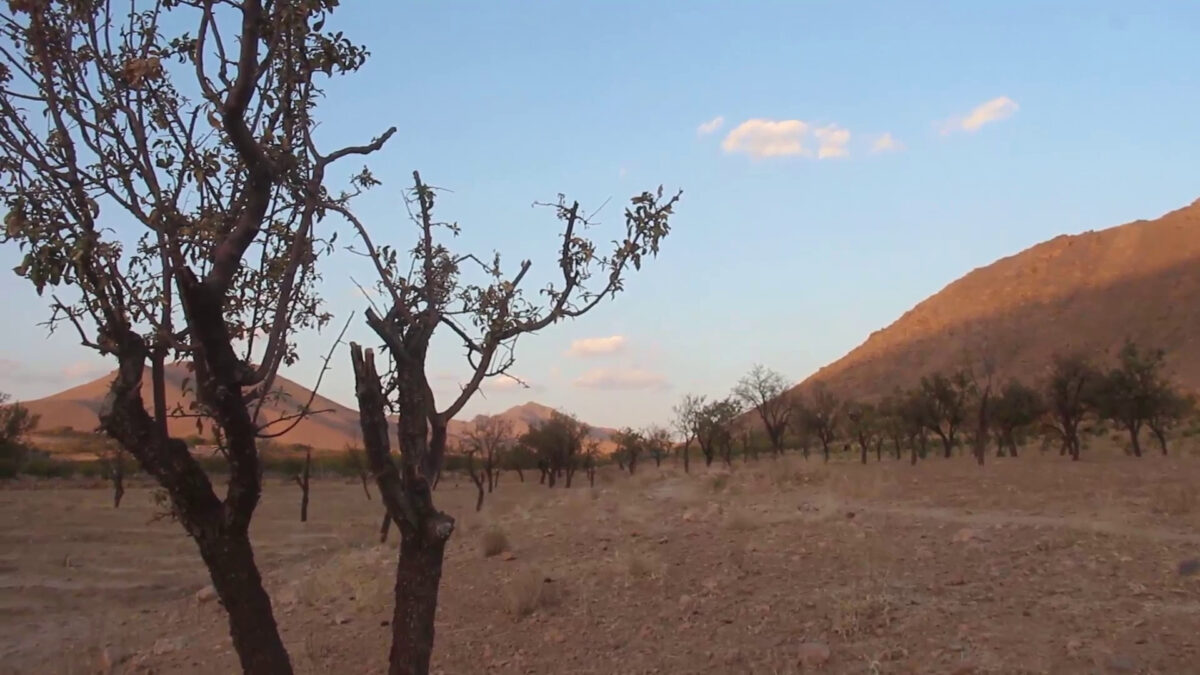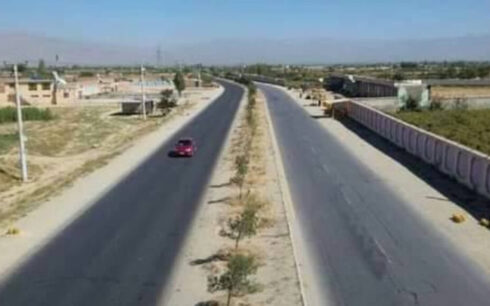KABUL, Afghanistan — As the world marks Earth Day, the United Nations has warned that Afghanistan is grappling with severe environmental challenges, struggling under the triple threat of climate change, biodiversity loss and pollution.
In a statement on Tuesday, the United Nations Assistance Mission in Afghanistan (UNAMA) said the country remains highly vulnerable to the accelerating impacts of environmental degradation. “Let’s work and make 2025 the year we restore good health to our Earth,” UNAMA urged, highlighting the urgency for action as Afghanistan faces worsening droughts, food insecurity, and the collapse of vital ecosystems.
The warning from Afghanistan comes as UN Secretary-General António Guterres issued a stark global message for Earth Day, calling 2025 a critical year to confront the planet’s mounting crises.
“Mother Earth is running a fever,” Guterres said. “Last year was the hottest ever recorded: the final blow in a decade of record heat.”
Guterres attributed the crisis to greenhouse gas emissions — driven overwhelmingly by the burning of fossil fuels — and warned of increasingly devastating wildfires, floods, and deadly heatwaves that have shattered lives and livelihoods worldwide.
He stressed that solutions are within reach, pointing to a swift reduction in emissions and a dramatic expansion of renewable energy and adaptation measures. “Getting on the road to recovery is a win-win,” he said, noting that renewable power is cheaper, healthier, and more secure than fossil fuel alternatives.
Guterres called on all countries to draft new national climate action plans that align with limiting global temperature rise to 1.5 degrees Celsius, a key threshold to avoid catastrophic climate impacts. He urged the G20 nations in particular to lead the effort.
“We also need action to tackle pollution, slam the brakes on biodiversity loss, and deliver the finance countries need to protect our planet,” Guterres said.
Afghanistan is among the countries least equipped to adapt to climate change, despite contributing almost nothing to global emissions. Years of war, political instability, and poverty have weakened Afghanistan’s ability to respond to environmental disasters. Experts warn that worsening droughts and extreme weather events could push millions more into hunger and displacement if urgent action is not taken.
The UN has repeatedly stressed that without substantial investment in resilience and environmental protection, Afghanistan’s humanitarian crisis — already one of the world’s worst — risks becoming even more dire.





